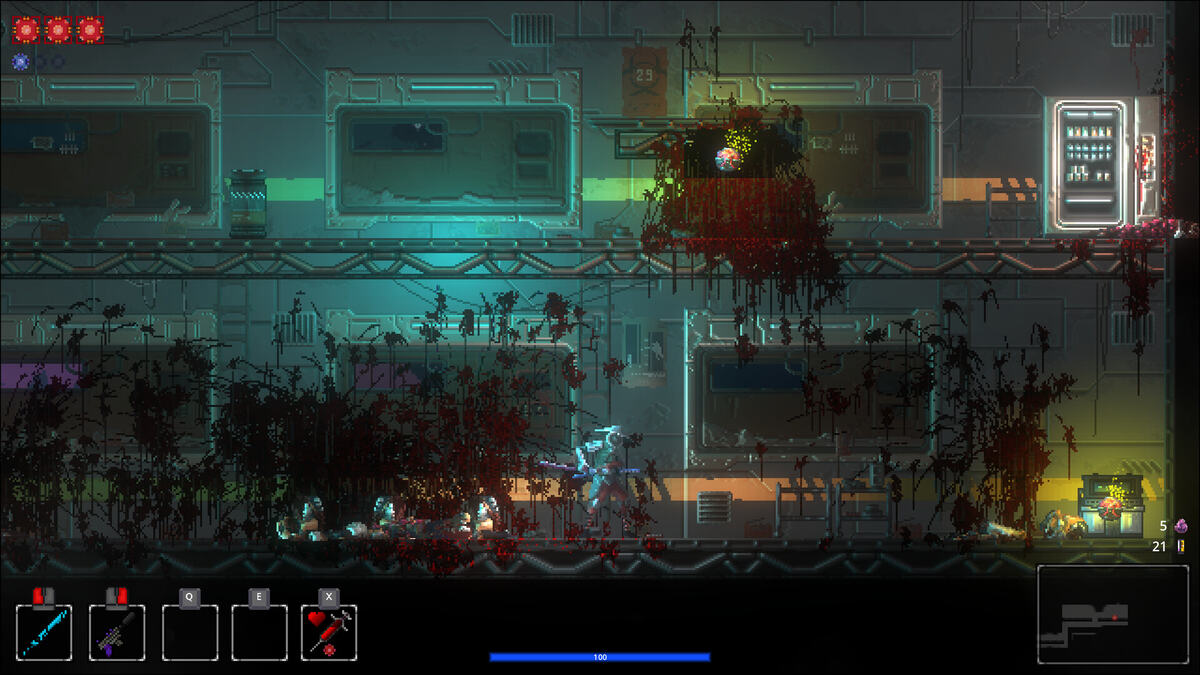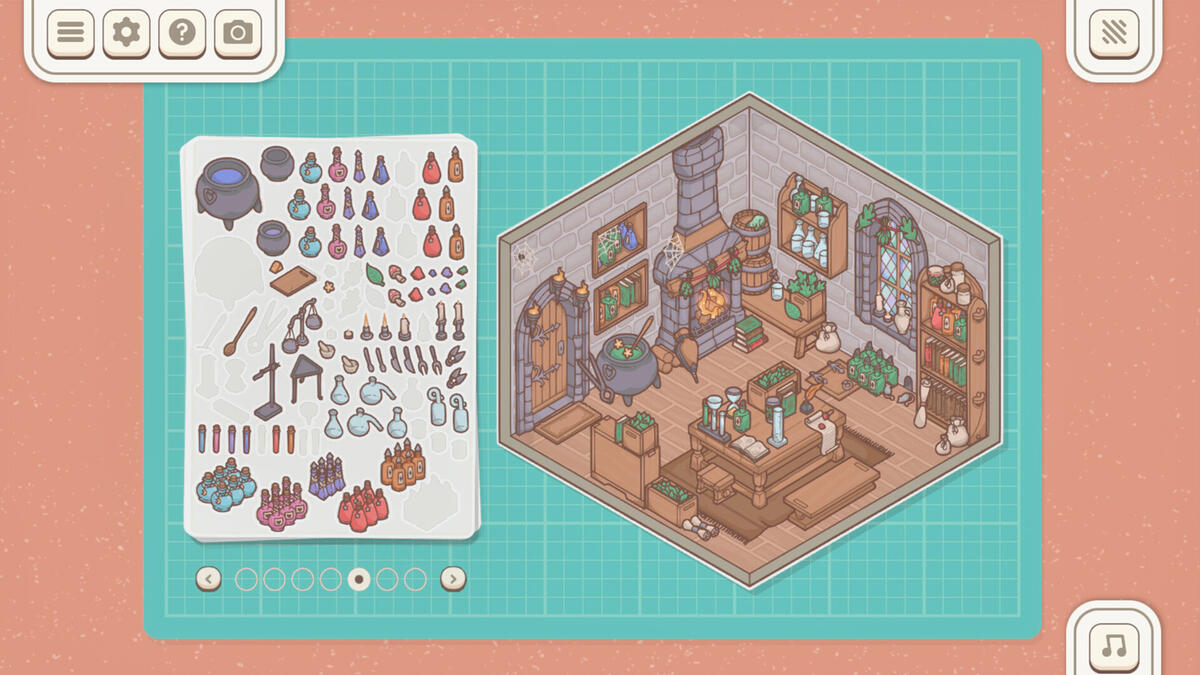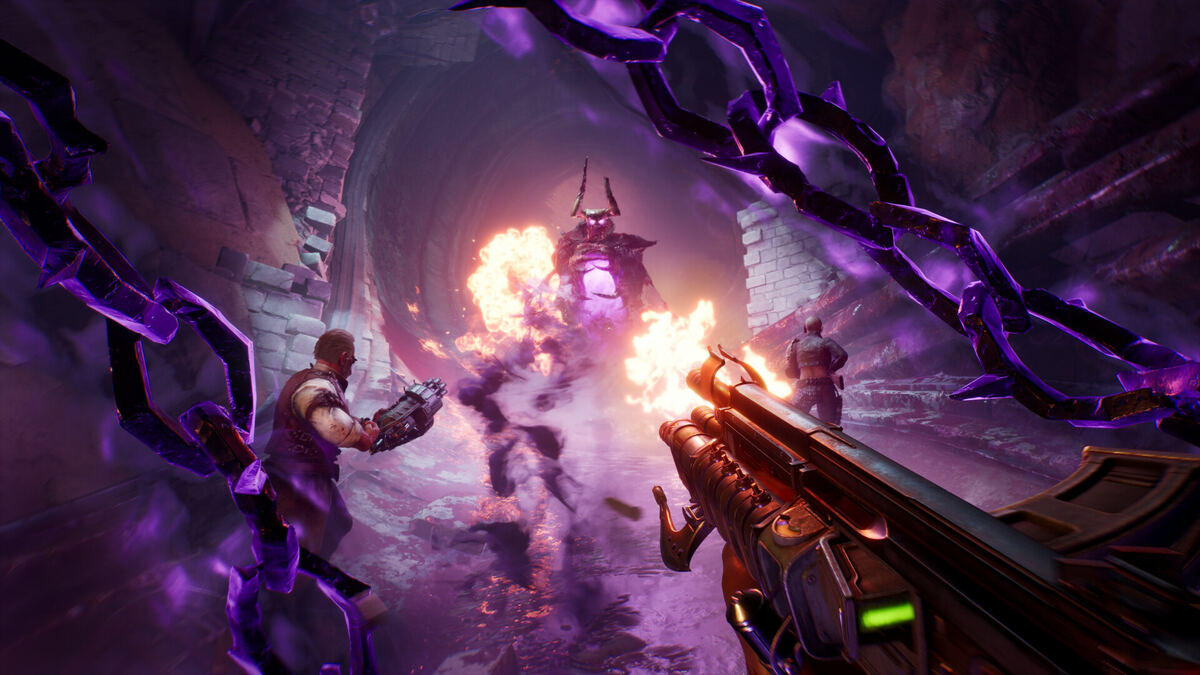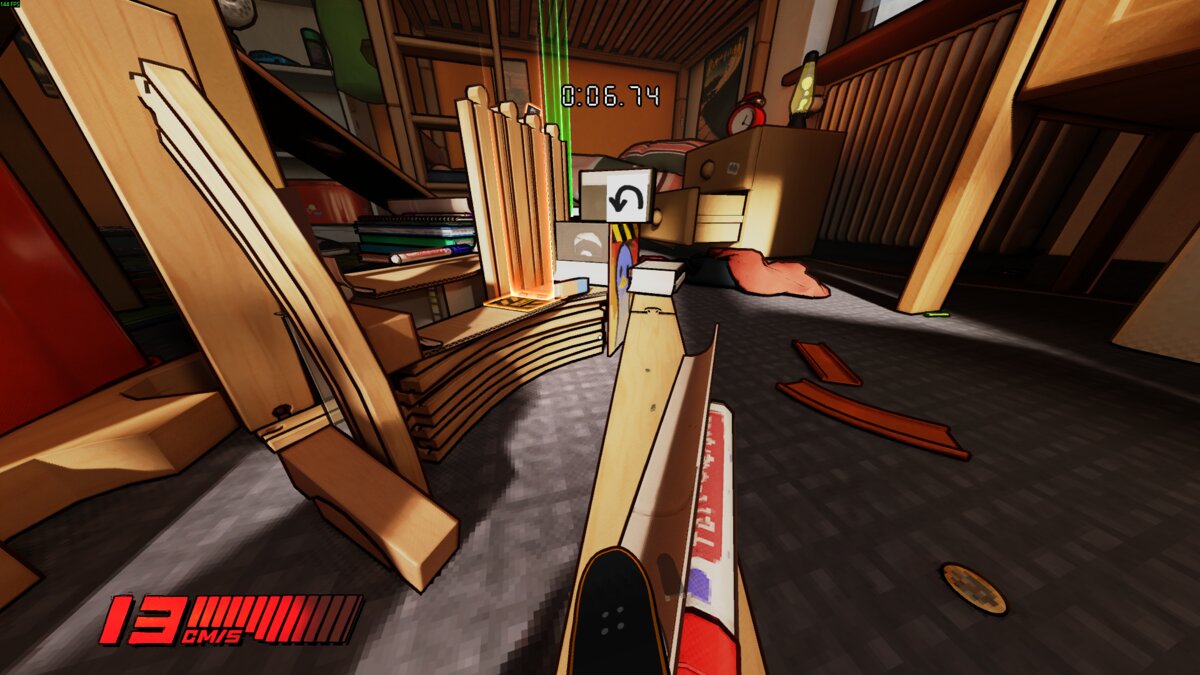You can trust VideoGamer. Our team of gaming experts spend hours testing and reviewing the latest games, to ensure you're reading the most comprehensive guide possible. Rest assured, all imagery and advice is unique and original. Check out how we test and review games here
The player, via the generically-named super spy Michael Thornton, is presented with a classic RPG moral conundrum. Extort the weapons dealer, a man who’s been selling a lot of big bad guns to a lot of big bad people, then let him go and use him as a black market weapons contact in the future. Arrest him, which would curry favour with the CIA, the organisation which has assigned this mission to Thornton, or blow his brains out because, well, Mike Thornton is a bad ass and this guy has been asking for it.
Nathan Davis, the game’s design producer, opens it up to the assembled throng, cobbled together in a tiny room in SEGA’s behind closed doors booth at E3 2008. It’s obvious what the audience wants. Thornton coldly puts a bullet in the weapons dealer’s head. Rekindling memories of Jason Bourne, Daniel Craig’s Bond and Tom Cruise in the first, actually pretty decent Mission Impossible film, Thornton starts Alpha Protocol, Obsidian Entertainment’s (Star Wars: Knights of the Old Republic 2) upcoming secret agent RPG, as a green but very capable agent who ends up embroiled in a world conspiracy after a mission goes horribly wrong. He’s a secret agent on the edge, and he’s very pissed off.
Having ended the life of the weapons dealer Thornton now has to explain himself to the CIA. “Sorry – radio was on the fizz.” he lies. “Don’t get too upset, I probably just saved 100 lives just then!”
While this plot set up implies plenty of action, Alpha Protocol is at its core an RPG, so you can expect plenty of dialogue and character customisation to accompany the explosions and cover-based combat. What Obsidian is keen to push though is its take on the now popular dialogue wheel conversation system. Played out in real time, it uses ’emotive stances’ to allow the player to choose how Thornton is going to react in any given conversation. We see it in action in an earlier level. He has three options as he approaches a marine who’s guarding the US embassy in Moscow, a building he’s charged with infiltrating: go around the side and sneak in; blast his way in, tearing through the marines and anyone else who gets in his way; or bluff his way in. Nathan decides to take the third option.
You’ll be able to direct the conversation as you wish, sucking up to the guard or acting like a jerk. If you think the conversation is turning sour you can even draw your gun and take the marine out mid sentence. But Nathan’s being patient and, after some initial stone walling, manages to talk his way in. “Each one of these choices has the possibility of affecting things in the short term and the game as a whole,” says Nathan. It will be how these kinds of decisions impact the overall story and player experience that will set Alpha Protocol apart from other RPGs.
Inside the embassy, everything appears fine and dandy until a massive explosion makes mince meat out of a wall and another group, the G22, storm in. Here things kick off and we get an idea of how the game’s combat works. The third-person over the shoulder cover-based system provides plenty of pop in and pop out moments, mixed in with up close and personal brutal melee attacks.
Thornton fights using Kenpo, which the player will be able to improve as they progress through the game. Combos, deadly and non-deadly can be unlocked, including take downs. We see him punch and kick as well as let fly some pretty nasty knees to the face.
As you’d expect from an RPG, everything can be levelled up, including weapon skill, critical hits and the like. Each weapon has a special ability, too. We see the pistol special ability, the Chain Shot, described by Nathan as a “quasi bullet time mode” where the player freezes time, lines up three different shots and then unleashes them all at once. In a later mission, the one leading up to the incident with the weapons dealer, Thornton uses SMGs to clear out a room and we see another special ability, the Bullet Storm. “As long as he has the skill activated he’ll never have to reload and he’ll do massive damage” Nathan explains. We like.
Most of the RPG-ness of the game will be conducted in one of the game’s many safe houses. These hubs will be where you’ll coordinate with your contacts, receive intel on and select missions to embark on, buy and sell equipment and customise Thornton himself, which Nathan demonstrates in a CIA safe house in Saudi Arabia.
It’s standard customisation fare – facial hair, helmets, glasses, outfits, mission specific load-out, weapons locker for mods and the like can all be tweaked, swapped around and equipped. But, unlike in other games, you won’t be messing about with your threads just for stat bonuses and to impress the ladies. Thornton’s outfit will often have an impact on gameplay. Remember that incident with the marine we described earlier? If Thornton had a combat suit at his disposal he may well have been able to sneak to the US embassy with nary a care in the world. “We wanted to make sure you’re always the crazy, sexy, cool stud super spy Mike Thornton,” says Nathan. “But we wanted to give you some ability to change some of the things a super spy might want to change.”
As of this moment we haven’t seen anything from Alpha Protocol that’s got our RPG hearts thumping too violently. Comparisons with BioWare’s sci-fi RPG epic Mass Effect are inevitable – the dialogue system looks similar and the weapon specific special powers we’ve seen remind us of the Power Wheel. The over the shoulder third person perspective and cover based combat, while not exclusive to BioWare’s epic, just adds to the sense of familiarity.
It’s how your decisions impact the game world and Thornton himself which has our eyebrows raised. In Mass Effect it was clear what decisions would make your character more evil, or more good. In the end these moral choices were driven more by the pursuit of specific statistical bonuses than genuine concern for the characters and plot. Nathan promises a system with blurrier lines.
“We actually decided to go with more ambiguity in the game,” he explains. “This is more of a real world setting, so in the real world a lot of the time there’s not a definite right or wrong. Especially in a world conspiracy, it’s difficult to piece together who’s the good guy and who’s the bad guy. There isn’t a choice that’s better for Thornton necessarily. It’s just how your Michael Thornton will approach the world.”
How this will work in practice is the next question we’re hoping Obsidian answers over the coming months. Fingers crossed the decisions you make will amount to more than a means to a statistical bonus end.
Alpha Protocol is due out for PC, PS3 and Xbox 360 in early 2009.

/https://oimg.videogamer.com/images/2df7/alpha_protocol_19.jpg)
/https://oimg.videogamer.com/images/4517/alpha_protocol_20.jpg)
/https://oimg.videogamer.com/images/4eea/alpha_protocol_18.jpg)






